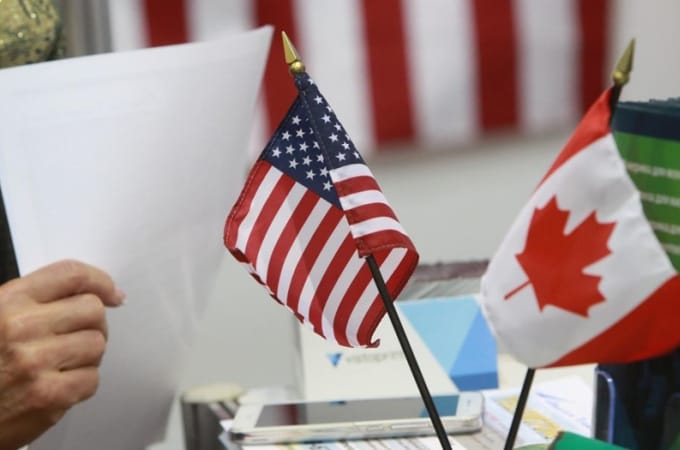Opposition risks backfire: sanctions push could be self-sabotage
 The situation has gotten better
The situation has gotten better
The international isolation and pressure on the Lukashenka regime by the Belarusian pro-democracy forces is proving successful. It is unlikely, however, that pro-European sentiments and the circle of supporters of change will increase as a result of their pro-sanctions rhetoric. The opposition’s ability to communicate with society through the media is severely limited, and the regime’s propaganda easily distorts any of its messages.

The democratic movement failed to create a mainstream vision of how Belarus intends to integrate into the European family. Pro-democracy activists adopted a declaration on Belarus’ full membership in the European Union at the New Belarus conference in the summer of 2023. It seems unlikely, however, that the rhetoric of sanctions will help to increase pro-European sentiment. According to independent sociologists, Belarusian society actually shows the opposite trend.
According to the latest survey by the Chatham House Project, only 13 percent of respondents are in favor of Belarus joining the EU. At the same time, the share of the eurooptimists in Belarusian society could be much higher. This is shown by the fact that a large number of people (35%) struggled with answering the question about the geopolitical choice between Russia and the EU. It’s important to be aware that fear and propaganda push can have a big impact on how people respond to questions. At the same time, the independent media and the opposition have failed to build a social consensus about the sanctions against the regime and who should be held accountable for their adverse effects.
Significant restrictions affect broad segments of Belarusian society along with the ruling class. Opponents of Lukashenka and potential supporters of change are suffering as a result. In turn, pro-European sentiment is negatively affected by the increasing travel obstacles Belarusians face. The positive correlation between pro-European attitudes and pro-democratic values in society is emphasized by sociologists.
Pro-democracy activists, however, are unlikely to change their approach. The Sviatlana Tsikhanouskaya Office’s primary objective in its interactions with foreign diplomats is to advocate for the non-recognition of the Lukashenka election, scheduled for 2025. Lifting travel restrictions for Belarusians is not a primary focus of the negotiations.
At the same time, democratic forces are seeking to increase their influence on the information landscape and address the growing social unrest surrounding military drones flying over Belarus. The lack of any meaningful response from state-sponsored media outlets has led to an increased demand for alternative sources of information among the general public.
This approach allows independent media outlets and pro-democracy politicians to expand their reach and influence the news agenda. This can become reality if the long-standing myth of a peaceful sky over Belarus is destroyed thanks to the actions of the first – and only – president.
Subscribe to our newsletter




Situation in Belarus
Constitutional referendum: main consequences


 Video
Video
How to count the political prisoners: are the new criteria needed?


 Video
Video
Paternalism In Decline, Belarusian Euroscepticism, And The Influence Of Russia


 Video
Video












